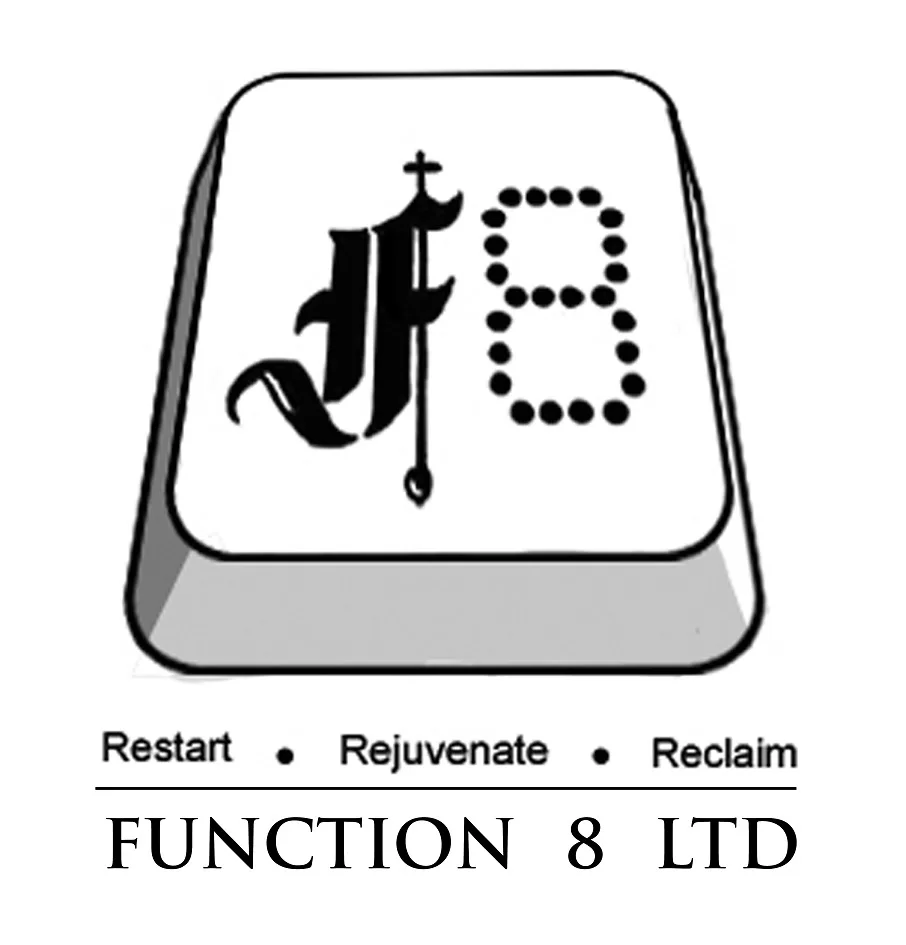by Teo Soh Lung (first published 17 January 2022)
Martyn See’s post (https://tinyurl.com/4r8rscsm) on Ong Lian Teng, the father of Minister Ong Ye Kung jolted my memory about Operation Coldstore and its aftermath.
Operation Coldstore was mounted by Singapore, Britain and the Federation of Malaya in the early hours of the morning of 2 February 1963. More than 133 leaders of opposition parties, trade unions and civil society were arrested and imprisoned without trial for exceedingly long years. Their disappearance from the political scene enabled the People”s Action Party {PAP) to govern Singapore with a super majority to this day.
Many of the victims of Operation Coldstore were accused of terrorism and having connection with the Communist Party of Malaya. They were tortured. We should never forget them and what the PAP did to them. The longest detained prisoners were Dr Lim Hock Siew (20 years), Ho Piao (18 years), Pak Said Zahari (17 years) and Dr Poh Soo Kai (17 years).
The persons responsible for executing Operation Coldstore will forever have their names tarnished in history, no matter what good they did for Singapore. The three key people were Lee Kuan Yew, Singapore’s first prime minister, Lord Nigel Douglas Hamilton Selkirk, British representative and Chairman of the tri-partite Internal Security Council and Tunku Abdul Rahman, the first and only chief minister of the Federation of Malaya. Having done the dastardly deed, Lord Selkirk and the Tunku did nothing to secure the release of those political detainees. They were left to rot in prison. Save for the occasional reminders by Amnesty International and a few other organisations, they were largely forgotten by Singaporeans and the world.
Even though Operation Coldstore wiped out the most outstanding leaders of opposition parties and civil society, it did not fully satisfy the leaders of Singapore. Lee Kuan Yew and his colleagues – Toh Chin Chye, Goh Keng Swee, E W Barker and S Rajaratnam went on to conduct many mopping-up operations in order to deprive opposition parties from fielding candidates for the general election expected to take place that year.
Against all odds and unfair practices including kidnapping of potential candidates of the opposition parties, 13 members of Barisan Sosialis and Ong Eng Guan of the United People’s Party were elected in the general election held on 21 September 1963, Lee Kuan Yew and his colleagues must have been too shocked for words. They swiftly moved into action and mounted Operation Pecah on 8 October 1963. Three of the 13 elected Barisan members, namely, Lee Tee Tong, S T Bani and Loh Miao Gong were arrested and imprisoned for 18, 7 and 3 years respectively. Two of the 13 escaped arrest by leaving the country and going into self-exile. They were Chan Sun Wing who was Lee Kuan Yew’s parliamentary secretary and Wong Soon Fong. Wong died in 2015 while Chan is still in Thailand.
The eight who took their seats in legislative assembly included Ong Lian Teng. He served as assemblyman for Bukit Panjang till 1966 when Barisan Sosialis chairman, Dr Lee Siew Choh called for a boycott of the legislative assembly. I am told that one of the main reasons for calling this boycott was the assembly’s failure to convene meetings except for the passing of the annual budget. The eight members were instructed to resign from their seats in the assembly. Their resignations led to the PAP retaining absolute power in the assembly until J B Jeyaretnam won Anson in the by-election in 1981.
This then is the sad history of Singapore. It was the use of detention without trial that wiped out the presence of an effective opposition in parliament, The opposition parties did not lack good and credible leaders. Indeed they were brilliant leaders with a conscience that led Lee Kuan Yew to fear them. To ensure that he and his party will always be in power, he imprisoned many of them for over a decade. He made sure that potential leaders who did not share his views were swiftly “nipped in the bud”.
Lee Kuan Yew also had another method of ensuring his long reign. He co-opted his opponents or their children. His press secretary James Fu was once arrested and detained for a few months without trial. He became his loyal press secretary. Today, his daughter, Grace Fu is a minister for sustainability and the environment.
Subsequent leaders of the PAP followed these two rules. They continued to nip potential bright young people who do not share the PAP’s style of government and co-opt their opponents or their children. Janil Puthucheary, son of Dominic Puthucheary who was also once detained is now a senior minister of state, Janadas Devan, son of former president Devan Nair who was disgraced and had to seek refuge in Canada is now director of the Institute of Policy Studies.
Co-opting Ong Ye Kung into the PAP fold is therefore nothing new.
What actually disappointed some people is his belief in the effectiveness of “ownself check ownself”. They think he has betrayed his father who was a opposition legislative assemblyman until he resigned on orders from the party. But people must understand that if you belong to the PAP and wants to become prime minister one day (a position which I doubt is open to children of once upon a time members of the opposition political parties), you have to tow the line and forget about your conscience. Conscience can never be a guide when it comes to political ambitions.
Those of you who are interested in the past can read this book “We Remember” which was published to commemorate the 50th Anniversary of Operation Coldstore. If you wish to purchase a copy (it is not in a pristine condition though unused) you can contact 2010Function8@gmail.com.

Leave a Reply